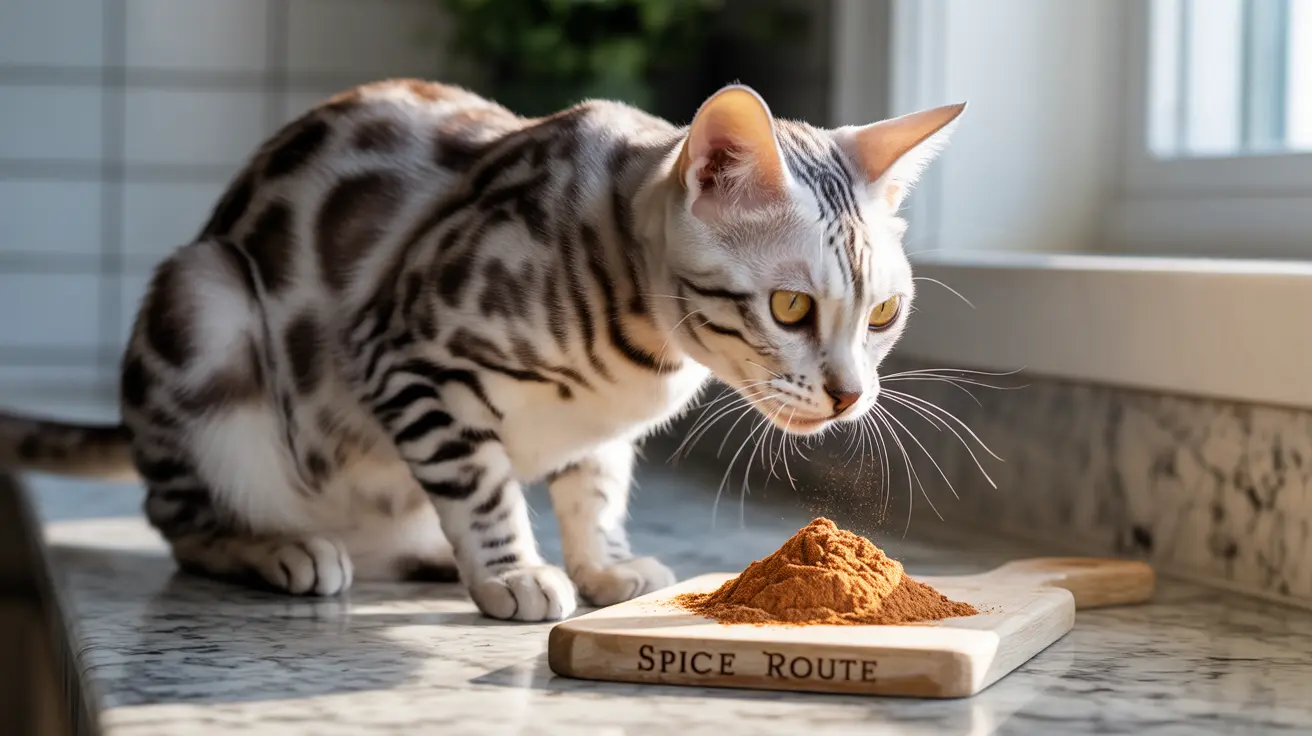Many pet owners and gardeners search for natural ways to keep cats away from certain areas. Cinnamon has gained attention as a potential deterrent, but its effectiveness and safety considerations deserve a closer look. This comprehensive guide explores whether cinnamon truly repels cats and what you need to know before using it.
How Effective Is Cinnamon as a Cat Repellent?
Cinnamon's effectiveness as a cat deterrent varies significantly among individual cats. While some cats actively avoid areas treated with cinnamon due to their sensitive noses (which are 14 times more powerful than humans'), others may show little to no response. The strong scent can be unpleasant for many cats, making it a potential deterrent, but results are not guaranteed.
When used outdoors, cinnamon's effectiveness diminishes quickly due to weather conditions and needs frequent reapplication. Indoor use may be more successful but requires consistent maintenance to maintain its deterrent properties.
Safety Concerns When Using Cinnamon Around Cats
While the ASPCA lists cinnamon as non-toxic to cats in small amounts, there are important safety considerations to keep in mind. Cats lack certain liver enzymes needed to process cinnamon compounds effectively, which can lead to health issues if exposed to large quantities.
Potential Health Risks
Direct exposure to cinnamon can cause various adverse reactions in cats:
- Skin irritation and burns
- Respiratory issues if inhaled
- Digestive problems if ingested
- Liver stress with prolonged exposure
Best Practices for Using Cinnamon as a Deterrent
If you choose to use cinnamon as a cat repellent, follow these guidelines:
- Use only small amounts of ground cinnamon
- Apply it sparingly to specific target areas
- Keep it away from areas where cats eat or sleep
- Monitor cats for any adverse reactions
- Reapply as needed, but don't overdo it
Alternative Natural Deterrents
Consider these safer alternatives to cinnamon:
- Citrus peels (not oils)
- Diluted vinegar
- Physical barriers
- Commercial pet deterrent products
- Motion-activated sprinklers for outdoor areas
Monitoring and Safety Precautions
Always observe your cat's behavior when using any deterrent. Watch for signs of distress such as:
- Excessive grooming
- Respiratory difficulties
- Changes in eating habits
- Unusual lethargy
- Skin irritation
Frequently Asked Questions
Does cinnamon effectively repel cats from gardens or furniture?
Cinnamon can be effective as a cat deterrent, but results vary between individual cats. Some cats will avoid cinnamon-treated areas, while others may not be deterred at all.
Is cinnamon safe for cats to be around or accidentally ingest?
Small amounts of cinnamon are generally safe, but larger quantities can cause health issues. Cats should never intentionally be given cinnamon, and exposure should be minimal.
What are the risks of using cinnamon essential oil near cats?
Cinnamon essential oil is highly concentrated and can be dangerous for cats, potentially causing skin burns, respiratory issues, and serious illness if ingested. It should never be used around cats.
How can I safely use cinnamon to deter cats without harming them?
Use only small amounts of ground cinnamon in specific areas, avoid essential oils, and monitor cats for adverse reactions. Discontinue use if any negative symptoms appear.
Are there better natural alternatives to cinnamon for keeping cats away?
Yes, safer alternatives include citrus peels, diluted vinegar, physical barriers, and commercial pet deterrents. These options often provide more consistent results with fewer safety concerns.
Always prioritize your cat's health and safety when choosing any deterrent method. If you notice any adverse reactions to cinnamon or other deterrents, discontinue use immediately and consult your veterinarian.






